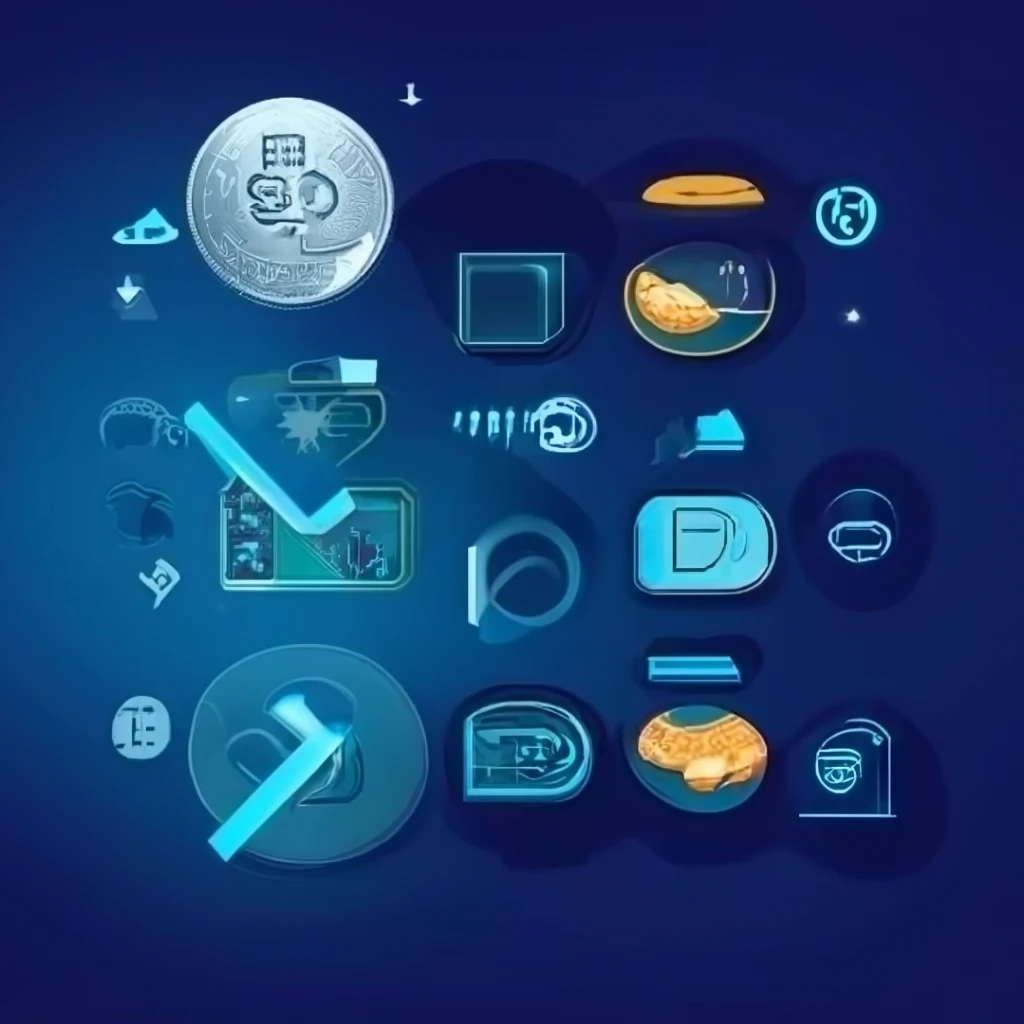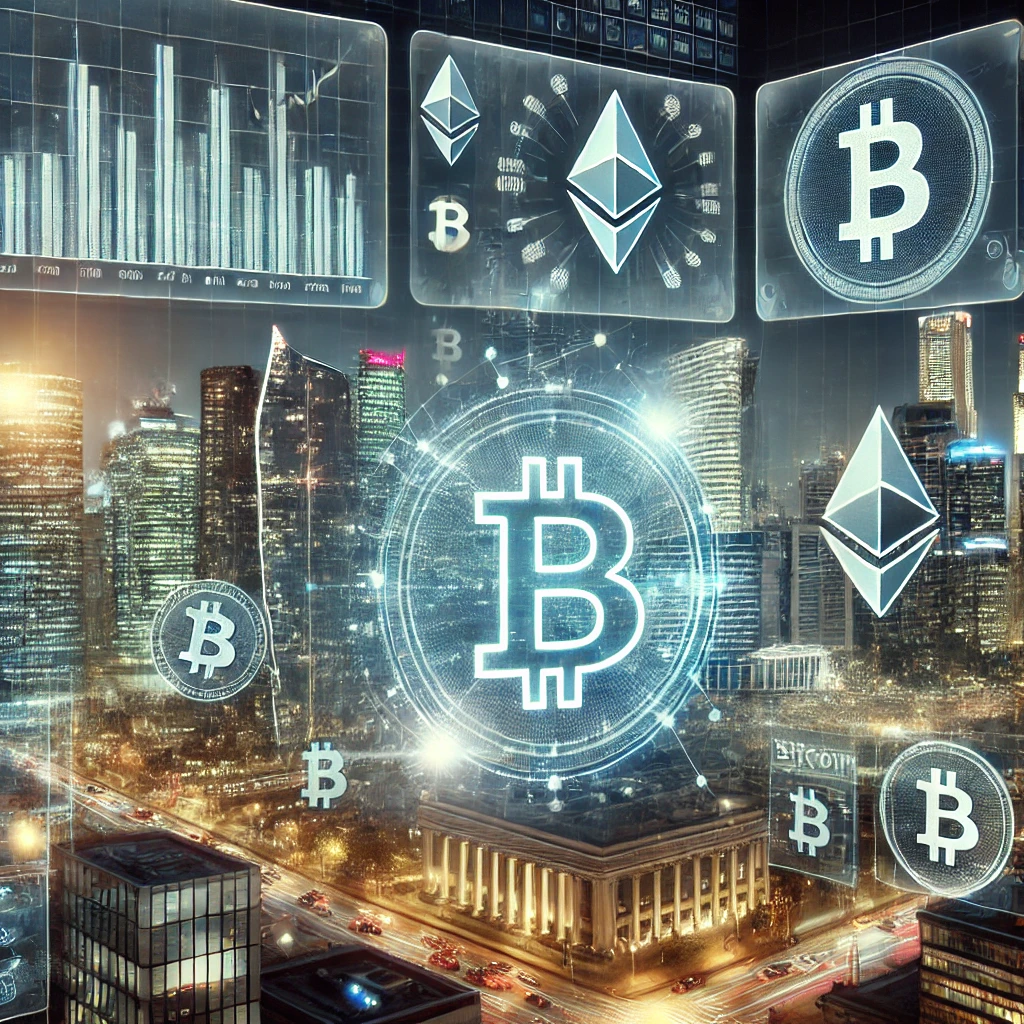In the fast-paced world of cryptocurrency and stock trading, a new phenomenon has emerged, capturing the attention of investors and enthusiasts alike: the GME memecoin. Despite bearing GameStop’s stock ticker, this digital asset holds no official ties to the retail giant. However, its recent surge in trading volume, reaching an astonishing 460% increase on a single day, has thrust it into the spotlight once again.
GME Memecoin Origins
The origins of this surge trace back to a familiar narrative from 2021, when GameStop’s stock experienced a meteoric rise fueled by individual investors rallying behind online personalities like Keith Gill, famously known as @TheRoaringKitty. Gill’s return to the online forum X after a three-year hiatus reignited enthusiasm among retail traders, reminiscent of the fervor witnessed during the meme stock frenzy of yesteryears.
At the heart of this frenzy lies the subreddit WallStreetBets, a digital community where retail investors congregate to discuss trading strategies and share investment ideas. The subreddit gained widespread attention during the 2021 meme stock craze, as users coordinated efforts to drive up the prices of heavily shorted stocks, including GameStop.
As GameStop’s stock soared, so did the fortunes of those who believed in its potential, including Keith Gill, whose astute analysis and bold investment decisions garnered him a significant following online. His posts on X, detailing his bullish thesis on GameStop, became rallying cries for retail investors seeking to challenge established norms in the financial markets.
The resurgence of GameStop’s stock in 2024 reignited interest in meme stocks, prompting a fresh wave of enthusiasm among retail traders. On traditional equity markets, GameStop and AMC, another popular meme stock, were poised to extend their gains, with GameStop’s shares projected to open 120% higher and AMC’s by 100%, according to TradingView data.
The ripple effects of this resurgence extended beyond GameStop and AMC, encompassing a broader spectrum of so-called „meme stocks.“ These stocks, often characterized by high volatility and speculative trading, have become synonymous with the democratization of finance, as retail investors challenge institutional norms and traditional investment strategies.
The Memecoins
The GME memecoin, with its meteoric rise in value, exemplifies the evolving landscape of meme stocks in the digital age. Despite lacking any official affiliation with GameStop, its use of the company’s stock ticker serves as a symbolic nod to the broader movement of retail investors challenging Wall Street conventions.
While some view meme stocks as speculative gambles fueled by hype and social media influence, others see them as a manifestation of grassroots activism in the financial markets. The democratization of information and the rise of online communities have empowered retail investors to collectively challenge the status quo, disrupting traditional power dynamics in the process.
As meme stocks continue to capture headlines and attract the attention of investors worldwide, regulatory scrutiny looms large over the cryptocurrency and stock trading landscape. Questions regarding market manipulation, investor protection, and the role of social media platforms in shaping market sentiment have prompted calls for increased oversight and transparency.
Despite these challenges, the allure of meme stocks persists, driven by a potent combination of speculation, community-driven momentum, and the promise of outsized returns. For retail investors navigating the volatile landscape of meme stocks, caution and diligence remain paramount, as the line between opportunity and risk blurs in the digital age.
Conclusion of GME Memecoin
In conclusion, the resurgence of meme stocks, epitomized by the remarkable rise of the GME memecoin, underscores the evolving nature of finance in the digital age. As retail investors continue to challenge established norms and institutional practices, the phenomenon of meme stocks serves as a testament to the power of collective action and the democratization of finance.


















